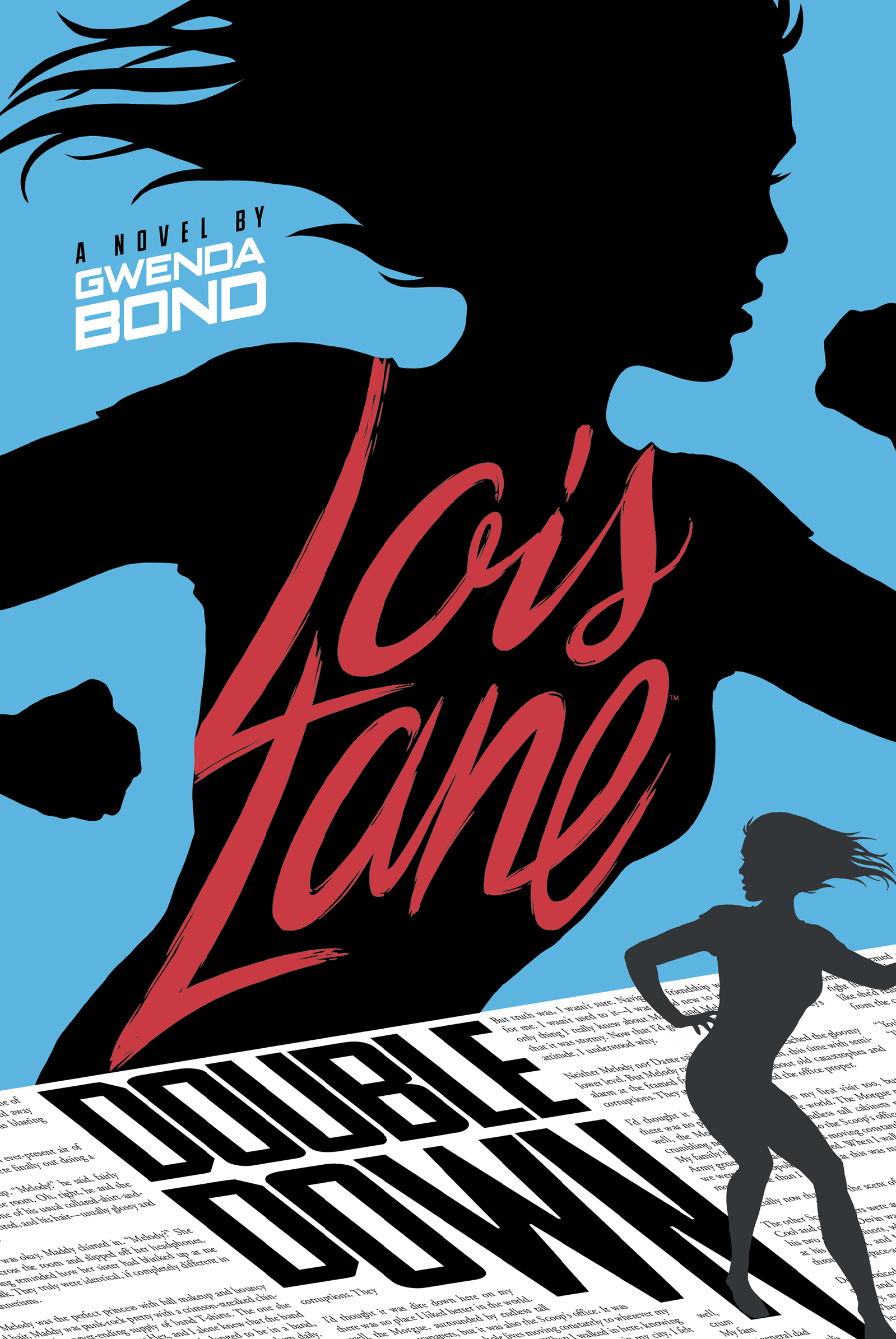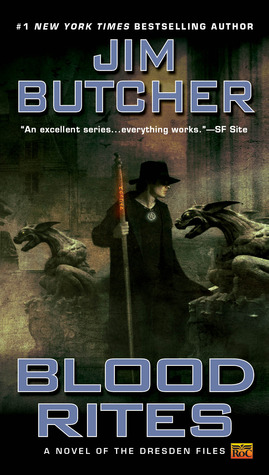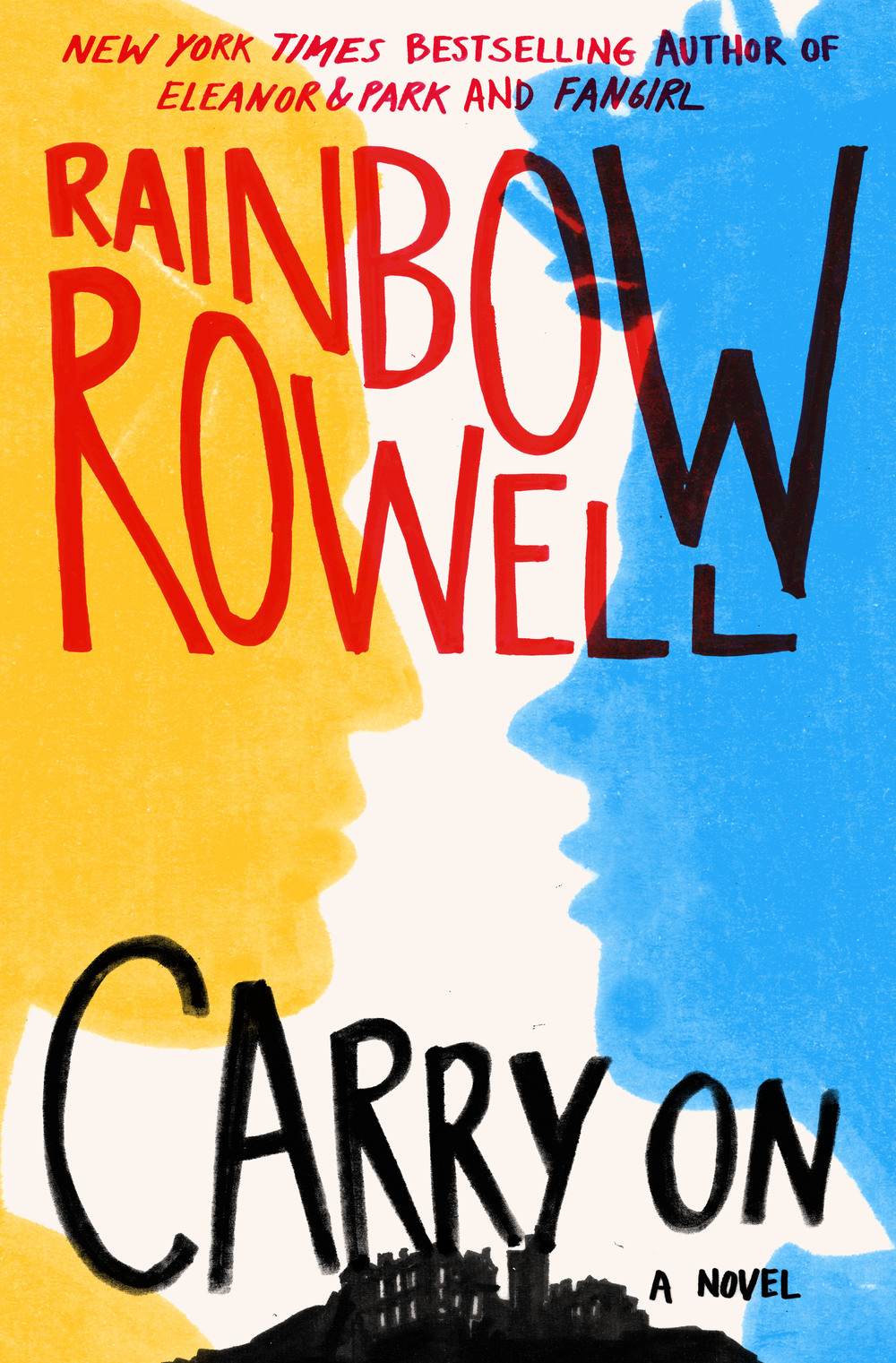[button color=”black” size=”big” link=”http://affiliates.abebooks.com/c/99844/77798/2029?u=http%3A%2F%2Fwww.abebooks.com%2Fservlet%2FSearchResults%3Fisbn%3D9780515138818″ target=”blank” ]Purchase here[/button]
I take a book with me everywhere I go. The habit has grown out of my realization that I hate boredom more than anything else. So one night when I had a ticket to the Symphony, I brought this book along and read from it during the “down-time” before the concert, and during the intermission. Another adaptation I have made is to become used to passersby taking an interest in whatever it might be that I’m so interested in. About 18 people asked me about this book that night. I was happy to tell them about Robin McKinley, who has written so many good books. But what really intrigued most folks is the fact that Sunshine is a vampire novel. It doesn’t look at all like what you would expect in a vampire novel. Unless I’m a poor judge of people, at least a few of those 18 inquirers went out and bought Sunshine the next day. Why? Because anyone can tell, right from the front cover, that as vampire novels go, this one is different.
And having read all the way through to the back cover, I can honestly confirm that it is every bit as different as you may have guessed. Perhaps more so. And that’s really saying something. I’ve been a big fan of vampire literature since I read Dracula as a young teen, and then went on a video-bender watching every Dracula-based movie I could find. And reading many a vampire-related book. Some of them were super-scary. Some of them were a erotic. Some were action-fantasy blockbusters. Others were funny, or suspenseful, or mysterious. Some were rather lame. Lately, with the massive success of such Harlequin-romance vampire sagas as True Blood and Twilight, the market has been flooded with so many vampire yarns that I’ve been forced to give up following them all. Now the only thing that can brighten the hopeless vista is a truly different vampire novel. Leave it to Robin McKinley, that past mistress of the mythopoeic, to write it!
The world McKinley creates in this book is similar to present-day America, except that it is aswarm with workers of magic and magical beings of every type, from the brightest faeries to the darkest demons. It is a world that has already been torn apart by magical wars, rendering vast tracts of real estate uninhabitable due to spell pollution. It is a world in which the most important Federal law-enforcement agency is SOF–SpecialOther Forces–policing the activities and status of dark creatures and of the millions of people who share a mixed demon/human heritage. It is a world where the undead are a law unto themselves, spreading like a cancer that, some say, will take everything over in 100 years.
In that world, it is unwise for a coffeehouse master baker named Rae Seddon–“Sunshine” to her friends–to take a nighttime drive, alone, out to the lake that society abandoned after the worst part of the wars. Sunshine shouldn’t live to regret it, after being captured by vampires and chained to a wall inside a derelict mansion next to another vampire, who is being starved and tortured into insanity by exposure to each day’s sun. Even though the vampire doesn’t want to eat her, they both know it’s only a matter of time until his self-possession breaks. Except that Sunshine does something extraordinarily unexpected. She discovers an untapped power within her, a power drawn from sunlight and from the magic-user heritage on her long-absent father’s side. She discovers a way to save both herself and, even in broad daylight, her undead prisonmate.
As the strange events continue to unfold, Sunshine develops a bond with the vampire Constantine, experiences new senses, discovers unlooked-for powers, and gets caught up in a vendetta against a power so revoltingly evil that it will make even the most jaded horror-junkie shudder. Even after the gruesome climax, the book’s deliberate ending allows you to savor the really juicy question: Can Sunshine come through all this and remain herself?
Like many books of the “mythopoesis” persuasion–a specialty of both McKinley and her husband Peter Dickinson–this one poses some degree of challenge to the reader, a challenge to discover by induction all that is unique about the world it conjures, and to master its distinctive style of speech. It is also a book that earns an “adult content advisory,” owing not only to violence and gore but also to some strong sexual imagery. Vigilant parents should consider their teen’s level of maturity before deciding whether this book is appropriate for him or her. But it is also a chatty novel that, I think, could easily take even younger teen readers into its confidence and draw them into its world, with its sensory delights and compelling pace, so that they hardly realize how challenging it us until they find themselves surrounded by vampires. As one character tells Sunshine: “I think you are in over your head in exactly what you are best suited to be in over your head in…and you are doing very well.”



